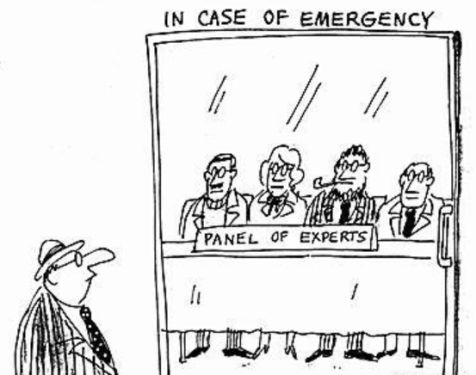
In reaction to the contemporary crisis of electoral democracy (marked by decreasing turnouts to elections, marginal party affiliation and general distrust towards politicians), there is a growing interest (from scholars, activists and politicians) in the idea of using random selection for selecting representatives, as was the case in ancient Greece and several Italian Republics in the Middle Ages.
Random selection cannot replace elections altogether. Despite all their shortcomings, elections are a very important democratic tool, in particular because they offer a space for wide participation to self-government, whereas active participation through random selection is limited to a very small section of the population. What is more, randomly selected representatives are not accountable to a constituency. This can have interesting effects in shifting decisions from the preferences of the median voter and reducing the short-termism inherent to elections. Yet it also dangerously impairs legitimacy if a government is not accountable.
For these reasons, the most plausible idea is to have only one chamber of representatives selected by lot (the other and the government remaining elected). What I want to do in this post is to identify the main challenges that such proposal faces. And I count on you to tell me whether you think that there are decisive or not, and if there are other important challenges that I’ve failed to consider. (more…)






